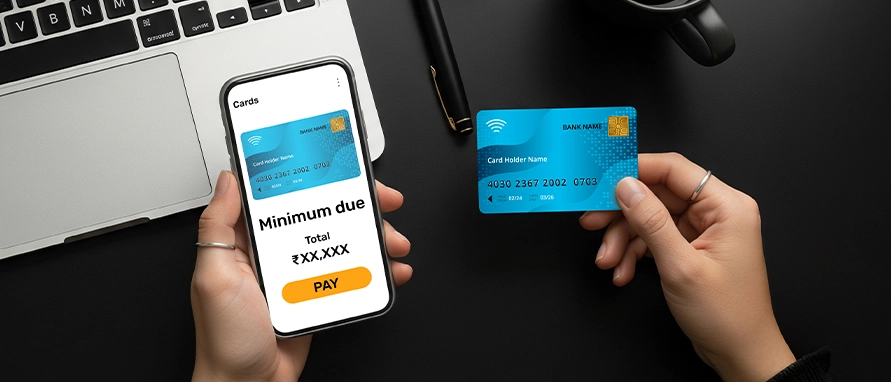Paying only the minimum due in credit card bills can seem convenient, but it has significant long-term consequences. If you consistently pay just the minimum, the remaining balance attracts interest. This interest is usually compounded monthly, causing your debt to grow faster.
Here are the key impacts:
Interest Accumulation: You will be charged interest on the unpaid balance, which can be as high as 30-40% per annum in India.
Debt Trap: Your outstanding amount reduces very slowly, increasing the risk of falling into a debt trap.
Credit Score Impact: Regularly paying only the minimum may not directly lower your CIBIL score, but a high credit utilisation ratio and increasing debt can have a negative effect.
Loss of Interest-Free Period: If you do not pay your bill in full, you lose the interest-free period on new purchases, making all new transactions immediately chargeable.
Increased Repayment Period: It can take years to clear your debt if you continue to pay only the minimum due.
If you only pay the minimum amount due on your credit card, you avoid late payment fees but continue to accumulate interest on the remaining balance. Over time, this can lead to a substantial debt burden.
















